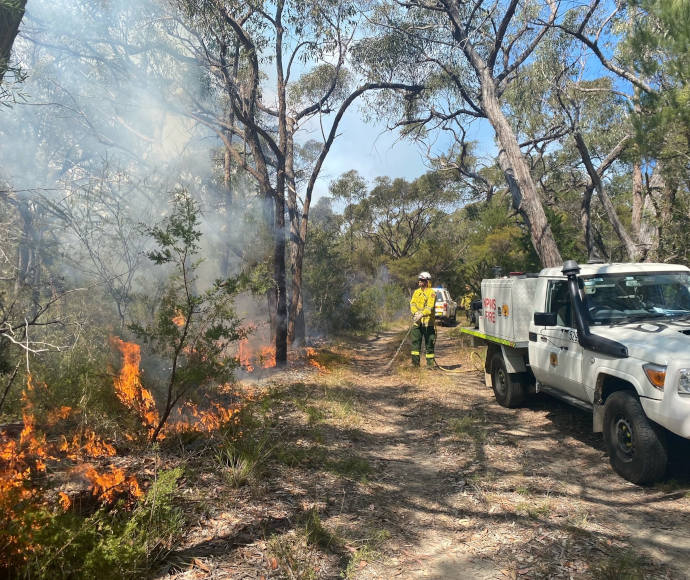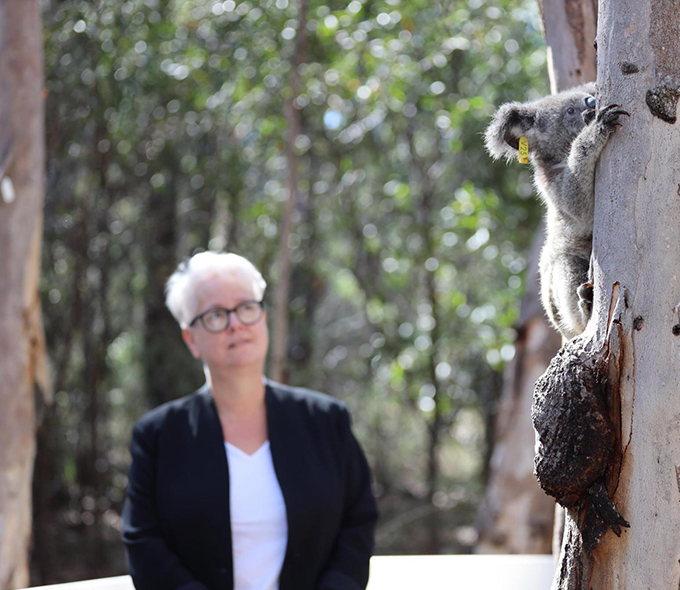Some of the largest companies listed on the Australian Securities Exchange (ASX) have entered a new phase of maturity in relation to Australian Modern Slavery reporting, according to a new report by Monash Business School’s Centre for Financial Studies.
The Modern Slavery Disclosure Quality Report, now in its third year, is an independent assessment of the reporting quality of ASX100 companies’ Modern Slavery Statement and shows 80 of the ASX100 companies have elevated their ratings in FY2022, compared to FY2020.
The Commonwealth Modern Slavery Act 2018 established a compulsory national Modern Slavery Reporting Requirement to review operations and supply chains in respect to modern slavery.
Modern slavery describes situations where business owners use coercion, threats or deception to exploit workers and undermine their freedom. It can occur in every industry, distorting global markets, undercutting responsible business and posing significant legal and reputational risks to Australian companies.
Senior Research Fellow at Monash Centre for Financial Studies, Dr Nga Pham said the improvements in reporting standards underscore a growing dedication and commitment of resources to combating modern slavery among ASX100 companies.
“Enhancements were evident in the disclosure of internal and external expertise, more refined risk identification and assessment processes, the development of robust key performance indicators and an increased focus on fostering external collaborations,” said Dr Pham.
The report also outlines that many companies have still neglected to provide important information such as an explanation of the connection between the reporting entity and the identified risks and how the reporting entity monitors the effectiveness of its efforts.
“The results show that modern slavery disclosure quality correlates with size and compensation structure and companies linking Environmental Social and Governance to executive compensation tend to have better commitment of resources and better disclosure on the effectiveness of their modern slavery action,” said Dr Pham.
“Five of the ASX100 companies’ statements were downgraded for FY2022. This serves as a reminder that evolving and comprehensive strategies in addressing and disclosing modern slavery practices are essential.”
APA Group (APA), a leading Australian energy infrastructure company, climbed to an “A” ranking in FY2021 and showed continued commitment to elevating its maturity to once again being ranked an “A” in FY2022.
APA Group Executive of Infrastructure Delivery, Kevin Lester, said the improvement has been underpinned by a renewed focus of APA teams on managing modern slavery due diligence, including identifying, assessing and addressing risk, and implementing an impactful program.
To illustrate this decision-making process, APA’s FY2022 Modern Slavery statement includes a case study on sourcing solar panels for solar farm construction projects.
“Our focus is on maintaining a high degree of vigilance in managing the risk of modern slavery to our operations and supply chain, including selecting suppliers with transparent reporting even when they may not be the cheapest option,” Mr Lester said.
“Our preferred supplier couldn’t provide an acceptable level of supply chain transparency, so we changed to an alternative, more expensive supplier as they were more transparent with the sources and supply of raw materials. The first supplier, after losing our contract, has now implemented specific supply chains for the Australian and American markets,”
“We are on a journey towards greater transparency and although full transparency remains a challenge with some international suppliers, we will continue to seek the most ethical products available.”
Dr Pham added: “In light of the recent Review of the Act and the recommendations outlined in the Review Report, it is crucial reporting entities remain vigilant to modern slavery risks in their operations and supply chains, and understand their reporting responsibilities,”
“Although the MSA Review Report suggests modern slavery reporting should follow a three-year reporting cycle with interim reports, the government has not made a decision. Until then, it remains essential for statements to provide comprehensive disclosure in their entirety.”







